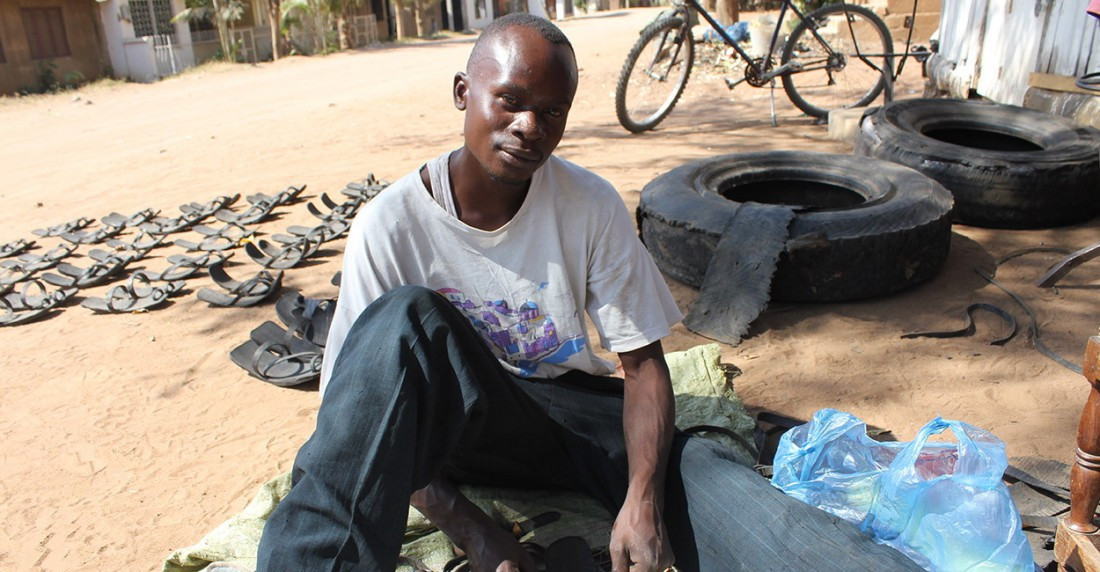The good news
A Winnipeg humanitarian focuses on the positive aspects of Africa
Local humanitarian Amanda Furst is dabbling in documentary filmmaking to show Winnipeggers just what life in the East African nation of Tanzania is really like.
“One of the big motivations was to just try and dispel some of the common myths people believe about African countries,” says Furst, 30. “When people hear the word Africa, [they] tend to think of famine, poverty, child soldiers, and I wanted to bring attention to what people are doing in Tanzania to make their communities a better place, something which isn’t always making it into the mainstream media.”
Furst started getting passionate about Tanzania when she travelled there through a charitable organization called Right to Play. Later, she officially started Growing Opportunities International (GO!) alongside Amanda LaBoucane in 2010.
The Winnipeg-based non-profit organization began by building a nursery school in nearby rural Rwanda to serve a group of approximately 80 children who were previously being instructed on a back porch.
Eventually Furst knew she wanted to document what was going on, but admits this is the first time she’s stepped into the world of filmmaking.
“I don’t have much of a film background, but I was able to work with a fantastic editor named James Hiebert who was able to take my amateur footage and make it into something beautiful and hopefully something that people will enjoy,” she says. “Not having the experience and not knowing exactly how things should be was a bit of a challenge, but I do have some good tips for next time.”
-web_800_1200_90.jpg)
Her first 10-minute documentary is called That Was Garbage!. It highlights how Tanzanians are turning old tires into sandals or discarded plastic bags into soccer balls. The second documentary is yet to be titled and is closer to 20 minutes. It highlights the lives of some people Furst met through her years in Kisesa, a region in the northeastern portion of Tanzania.
“The most enjoyable part was just having the chance to connect with people and take the time to ask them direct questions to learn more about their lives, stuff that might not come up in a normal conversation,” Furst says. “I’ve known most of them for quite a few years, but there’s still some new stuff I was able to learn about them through doing these interviews.”
Furst hopes these documentaries might inspire people to board a plane and see what Africa is all about for themselves.
“I definitely think there’s a lot to be learned from travelling and experiencing different cultures,” she says. “I’ve also spent some time in Rwanda and my parents were terrified because all they really knew about was the genocide, and that happened almost 20 years ago. Today it’s one of the safest countries in East Africa. It’s probably safer than downtown Winnipeg and there’s no reason for that fear to be there.”
Published in Volume 68, Number 13 of The Uniter (November 27, 2013)







